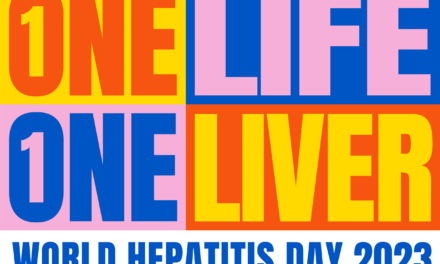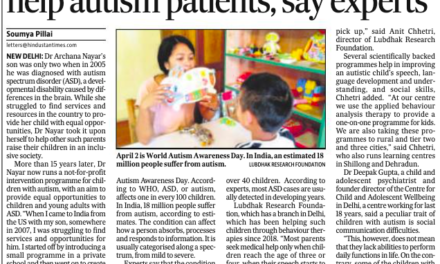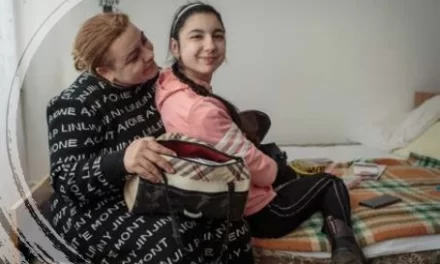The Region’s progress has in recent years been strong, in line with its Flagship Priority on accelerating reductions in maternal, newborn and child mortality and the significant advances it has made across all areas of reproductive, maternal, newborn, child and adolescent health (RMNCAH). Almost all countries are implementing national action plans to address birth defects. Hospital-based surveillance continues to expand. By December 2020, more than 3.5 million births from across the Region had been reported to the WHO-supported SEAR-NBBD, including 38 000 birth defects. All countries have introduced rubella vaccination of girls, with an average 83% coverage. Maldives and Sri Lanka have eliminated rubella, and Bangladesh, Bhutan, Nepal and Timor-Leste have controlled the occurrence of congenital rubella syndrome. Several Member States have fortified foods such as wheat flour with folic acid, vitamin B-12 and iron to prevent neural tube defects and anaemia. The Region’s momentum must continue to build.Our targets are many. Efforts to prevent, detect and treat birth defects will help all countries in the Region fulfill Flagship Priorities on accelerating reductions in maternal, newborn and child mortality and on achieving universal health coverage. They will increase the Region’s contributions to the “triple billion” targets and help all countries reduce neonatal mortality to at least as low as 12 per 1000 live births by 2030 – the Sustainable Development Goal threshold. Reduced birth defect incidence and mortality and increased early-intervention and disability care will help all countries achieve the “Survive, Thrive, Transform” agenda, which is at the heart of the Global Strategy for Women’s, Children’s and Adolescents’ Health (2016-2030). Member State efforts to maintain essential health services throughout the COVID-19 response have positioned them well to continue to make real progress across all areas of RMNCAH, including on birth defects.
Several priorities must chart the path ahead. First, to prevent birth defects, countries can close remaining immunization gaps for women and girls and increase access to quality antenatal care. Healthy lifestyle counselling will help encourage all pregnant women to avoid harmful products such as tobacco and alcohol. Second, to detect birth defects, countries can increase access to screening technologies and services, including ultrasound and neonatal screening. Both are crucial to detecting major abnormalities, common metabolic disorders, heart defects and other congenital disorders. Third, to treat birth defects, countries can enhance the provision of early intervention services that help prevent physical, intellectual, visual or auditory disabilities. By providing all families access to these and other key services, countries can reduce the health and socio-economic impact birth defects have on individuals, families, health systems and societies.
There is no better time to join the World Birth Defects Day movement. Not all birth defects can be prevented or treated, but most of them can. We must do everything possible to reduce birth defect incidence and impact, and to achieve the targets and goals that we must. WHO will continue to support all countries in the Region to mobilize resources and commitment to improve birth defects surveillance, research, prevention and care. By ensuring that every child has the right to survive and thrive, we will transform the Region and world in which we live. Together, we will add years to life and life to years.











